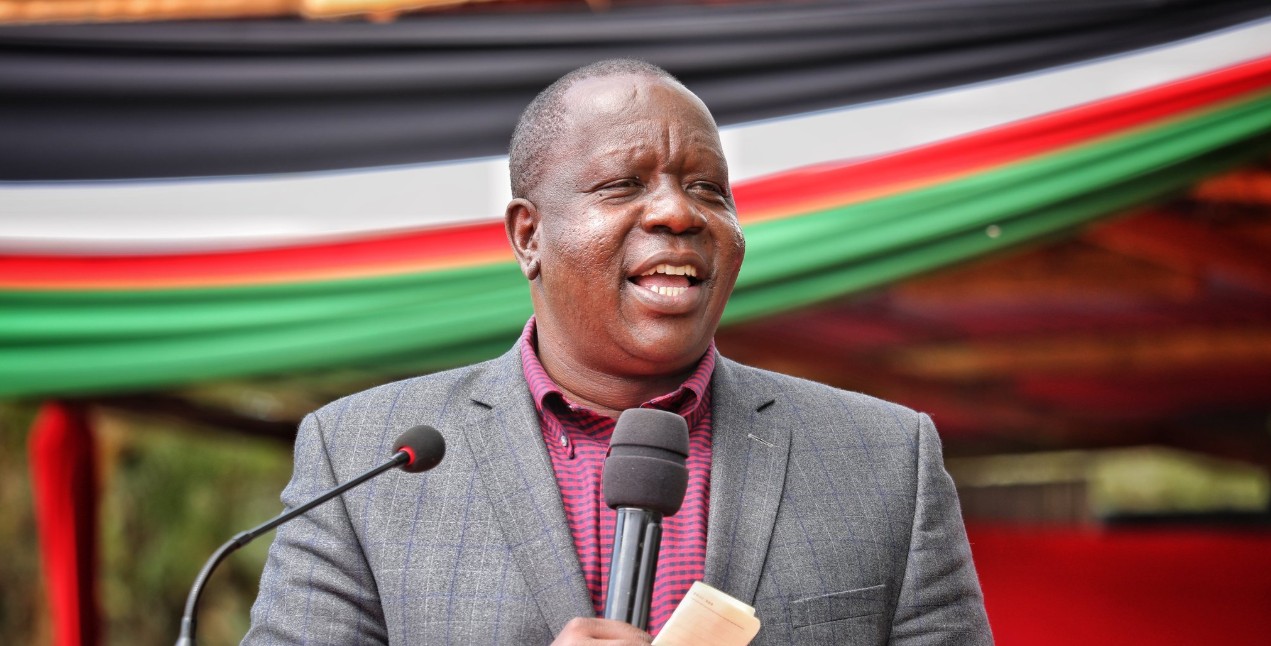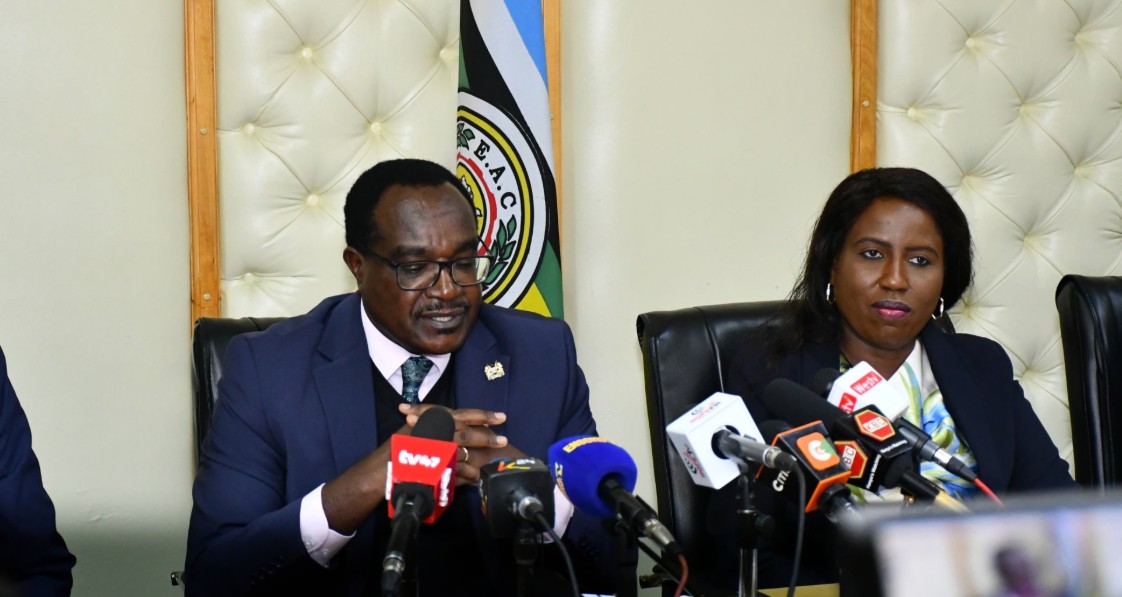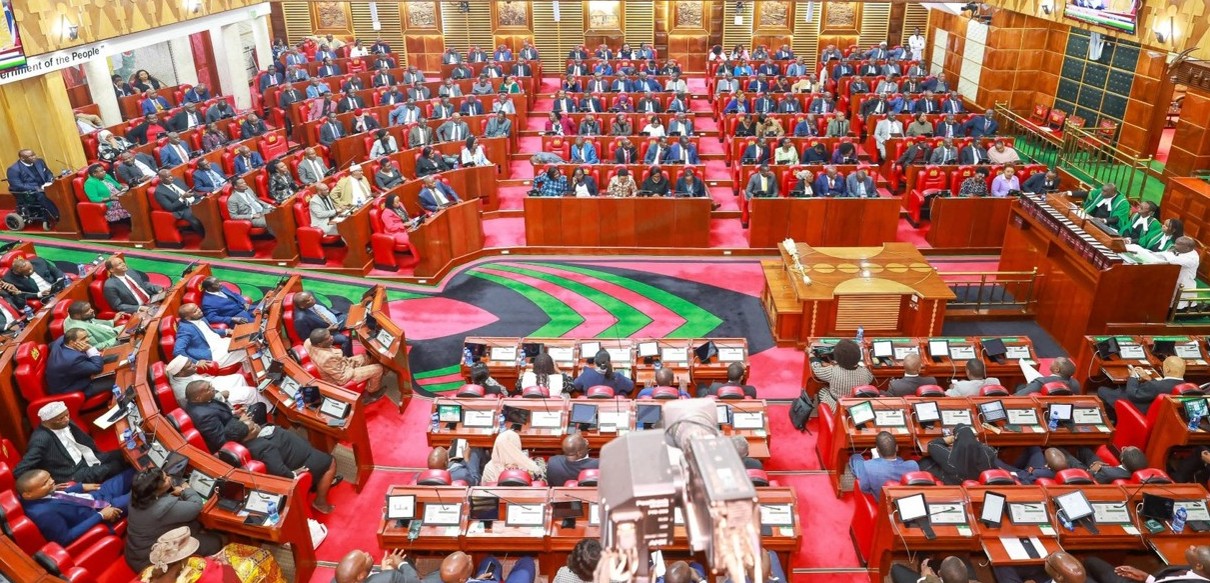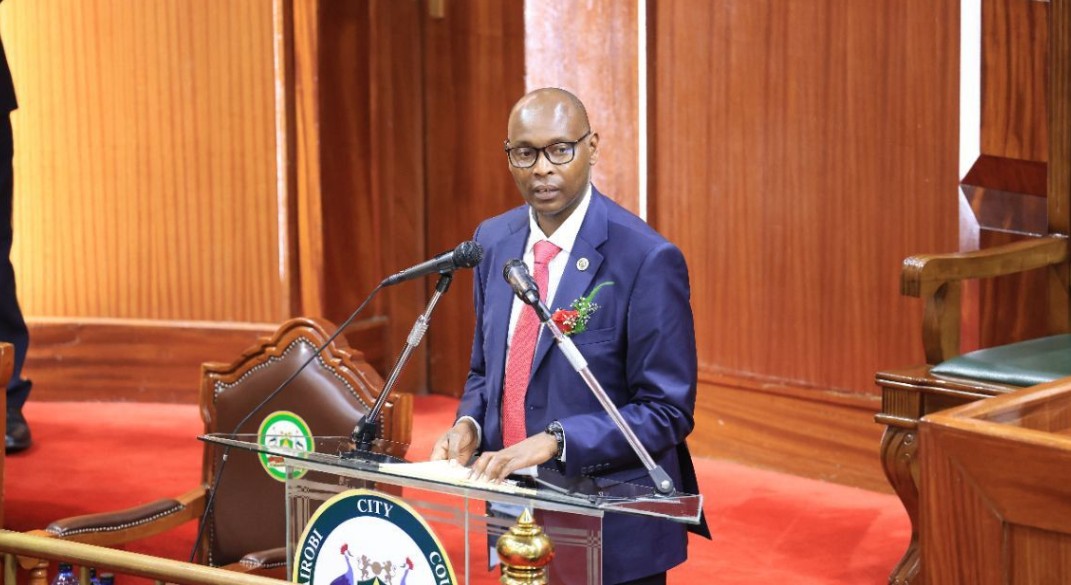SUPKEM under fire as Kenyan pilgrims decry mismanagement during 2025 Hajj
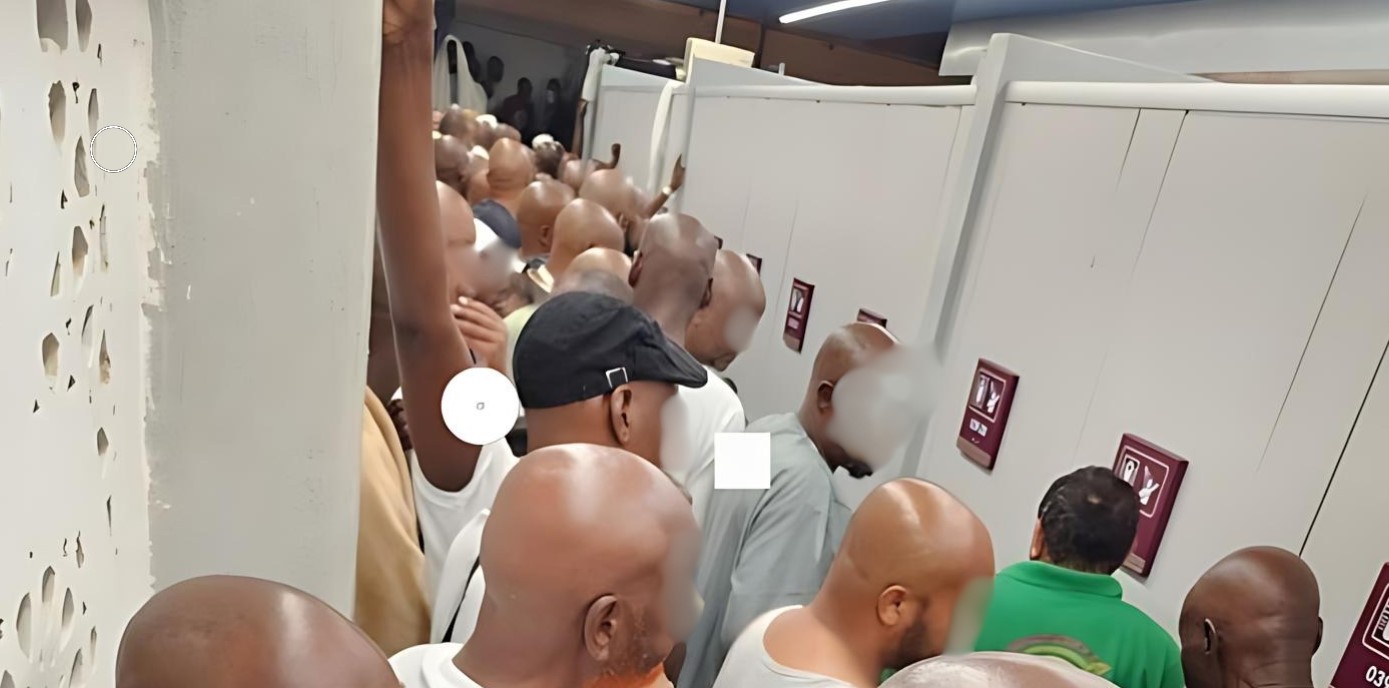
Pilgrims who gathered for a joint meeting with travel agents voiced frustration over accommodation standards, transport arrangements, and food quality, accusing SUPKEM of mismanaging the pilgrimage and sidelining licensed Hajj agents.
Discontent continues to mount among Kenyan pilgrims following what many describe as a distressing experience during this year’s Hajj pilgrimage, with fingers pointed squarely at the Supreme Council of Kenya Muslims (SUPKEM) and its agents.
Pilgrims who gathered for a joint meeting with travel agents voiced frustration over accommodation standards, transport arrangements, and food quality, accusing SUPKEM of mismanaging the pilgrimage and sidelining licensed Hajj agents.
More To Read
- Mandera deputy governor becomes acting governor as Mohamed goes on Hajj pilgrimage
- Mombasa religious leaders slam Gachagua over 'inflammatory' remarks, call for legal action
- SUPKEM backs Ruto’s IEBC nominees, urges fast vetting amid political tensions
- Kenya’s new Foreign Affairs headquarters signals broader shift in China relations
- Hajj travel costs in Ethiopia surge by 90 per cent amid currency depreciation
- SUPKEM joins churches to criticise government's failure to address public concerns
“The situation was chaotic. Pilgrims slept in cramped tents and access to toilets was almost impossible, especially for the elderly,” said Omar Shariff, Bajun Sultan and one of the affected pilgrims.
Omar urged agents to pursue legal action against SUPKEM and called for the formation of a task force to escalate the matter to the Ministry of Foreign Affairs.
Pilgrims were also angered by SUPKEM’s public statement declaring this year’s pilgrimage a success.
They dismissed the assessment as misleading, questioning why such remarks were issued without consulting agents who directly coordinate pilgrim logistics.
Aisha Aidarus, a representative of the travel agents, said SUPKEM failed to involve agents in critical planning stages. “They have ignored our input, yet we are the ones engaging with pilgrims on the ground. This centralised control is unacceptable,” she said.
Agents demanded clarity on financial management, questioning why payments were made to SUPKEM if the council claims it does not handle Hajj funds.
They also demanded immediate refunds for pilgrims who were denied visas or who died before travelling.
The agents further criticised SUPKEM for raising the per-pilgrim commission from $20 (Sh2,584) to $100 (Sh12,923), terming the move exploitative.
SUPKEM, however, in its Kenya Hajj Mission Report for the 2025/1446 season, defended its role, blaming logistical setbacks on late payments and procedural changes by Saudi authorities.
The council cited delays in space allocation at Mina and Arafat, insufficient toilet facilities for Kenyan pilgrims, and complications in fund transfers as key challenges faced during the season.
According to SUPKEM, overcrowding at Mina camps, particularly for Class D pilgrims, forced the relocation of over 100 Kenyans to camps shared with pilgrims from Comoros.
Similarly, some Class A pilgrims were moved to VVIP camps under a different service provider after space was taken up by Senegalese pilgrims.
Transport was another sticking point. The report admitted that choosing staggered bus movements to minimise costs led to anxiety among pilgrims, with some fearing they would miss key religious rites.
Accommodation issues in Makkah and Medina were also highlighted. SUPKEM stated that many Kenyan pilgrims were booked into outdated facilities far from essential services, a situation it blamed on agents resisting new housing policies proposed by the Saudi Ministry of Hajj and Umrah.
On meals, SUPKEM defended the food quality in Mina and Arafat, saying it adhered to Saudi government standards and was tailored for Kenyan pilgrims as much as possible under mass catering constraints.
Responding to financial concerns, the report confirmed the adoption of the Masar Wallet system, an electronic payment platform mandated by the Saudi authorities, which SUPKEM said would ensure better transparency going forward.
The council also dismissed allegations of fund misappropriation and labelled viral videos of overcrowding as misleading, accusing a section of agents and pilgrims of spreading false information to tarnish its reputation.
SUPKEM recommended stricter oversight of Kenyan Hajj agencies, following a visa fraud case involving a Kenyan agent who was found to have facilitated illegal pilgrims using foreign passports.
Despite SUPKEM’s explanations, affected pilgrims and agents remain unconvinced.
Many are now calling on the government to intervene and initiate an independent review of Kenya’s Hajj management system.
Top Stories Today
